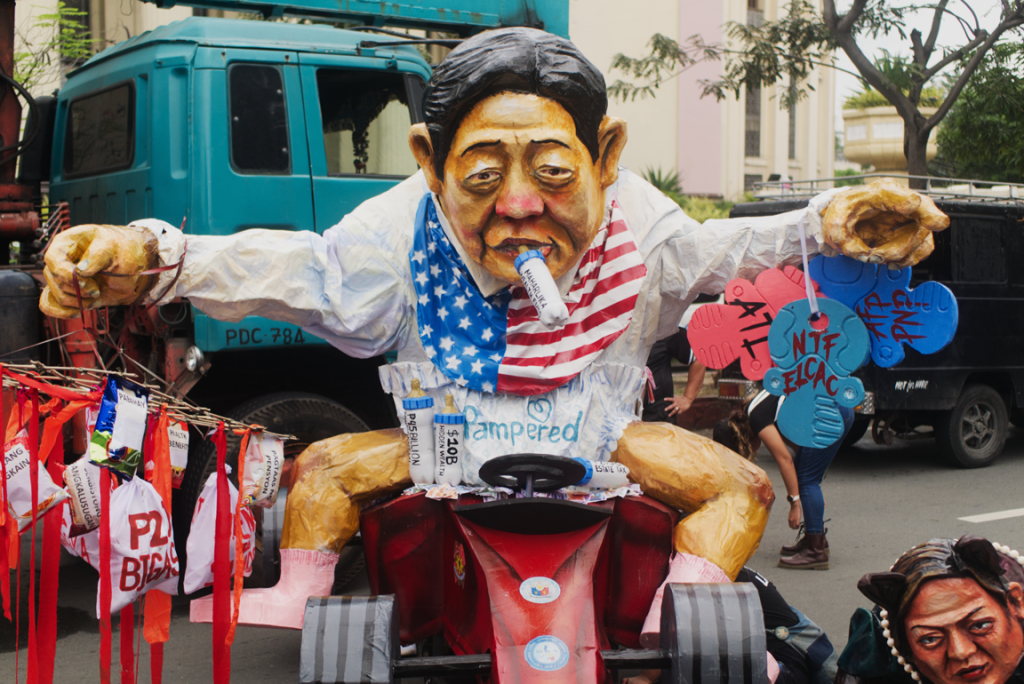
DAVAO CITY, Philippines – Progressive groups lambasted the “worsening” human rights violations in the country under the administration of Pres. Ferdinand ‘Bongbong’ Marcos, Jr. and Vice Pres. Sara Duterte.
In the first five months or from July 1 to November 30 of the current administration, data from the Dahas Project showed 152 drug-related killings. The number exceeded the 149 cases recorded during the final six months or from January 1 to June 30 this year of former president Rodrigo Duterte.
Pres. Bongbong said, during the September 13 interview by celebrity host Toni Gonzaga, the war on drugs will continue but it will be done in a different way. He cited a working group that will address the upstream of the drug problem or the prevention side.
Karapatan, a human rights group, has documented at least 17 cases of extrajudicial killings under the government’s counter-insurgency program, including the killing of NDFP consultant Ericson Acosta and peasant organizer Joseph Jimenez in Negros last November 30.
“Despite these sordid figures, there has been zero justice for the victims of extrajudicial killings. The culture of impunity continues to rear its ugly head,” said Karapatan secretary general Cristina Palabay.
Palabay said the counter-insurgency operations in rural communities have disrupted the lives and livelihood of about 10,000 civilians, forcing the latter to evacuate from their villages. Around 3,000 victims of indiscriminate firing during military operations were recorded.
As of Nov. 30, there are over 828 political prisoners, 96 of them sickly while 77 are elderly, data from Karapatan revealed. Palabay said 25 of the political prisoners were arrested under Marcos Jr.
“The reactionary government continues to callously and shamelessly deny all these publicly, just as it denies the existence of political prisoners and the longstanding policy and practice of criminalizing political offenses,” Kapatid, a support organization for the families and friends of political prisoners, said in a statement.
Kapatid also slammed the continued perpetration of torture, forced disappearances, illegal arrests, and detention based on trumped-up charges by the government’s security forces.
Ironically, the world commemorated the 74th year of the International Human Rights Day last December 10.
In the Universal Periodic Review (UPR) on November 14, the Philippine government has accepted 200 from the 289 recommendations made by member-states of the United Nations Human Rights Council.
The UPR is a unique process which involves a periodic review of the human rights records of all 193 UN Member States. It is designed for the improvement of the human rights situation in every country, evaluating participating countries’ human rights record, and addressing human rights violations wherever they occur.
The UPR was established when the Human Rights Council was created on March 15, 2006. It provided the Council the mandate to “undertake a universal periodic review, based on objective and reliable information, of the fulfillment by each State of its human rights obligations and commitments in a manner which ensures universality of coverage and equal treatment with respect to all States.” (davaotoday.com)
Human Rights, Marcos Jr., philippines









